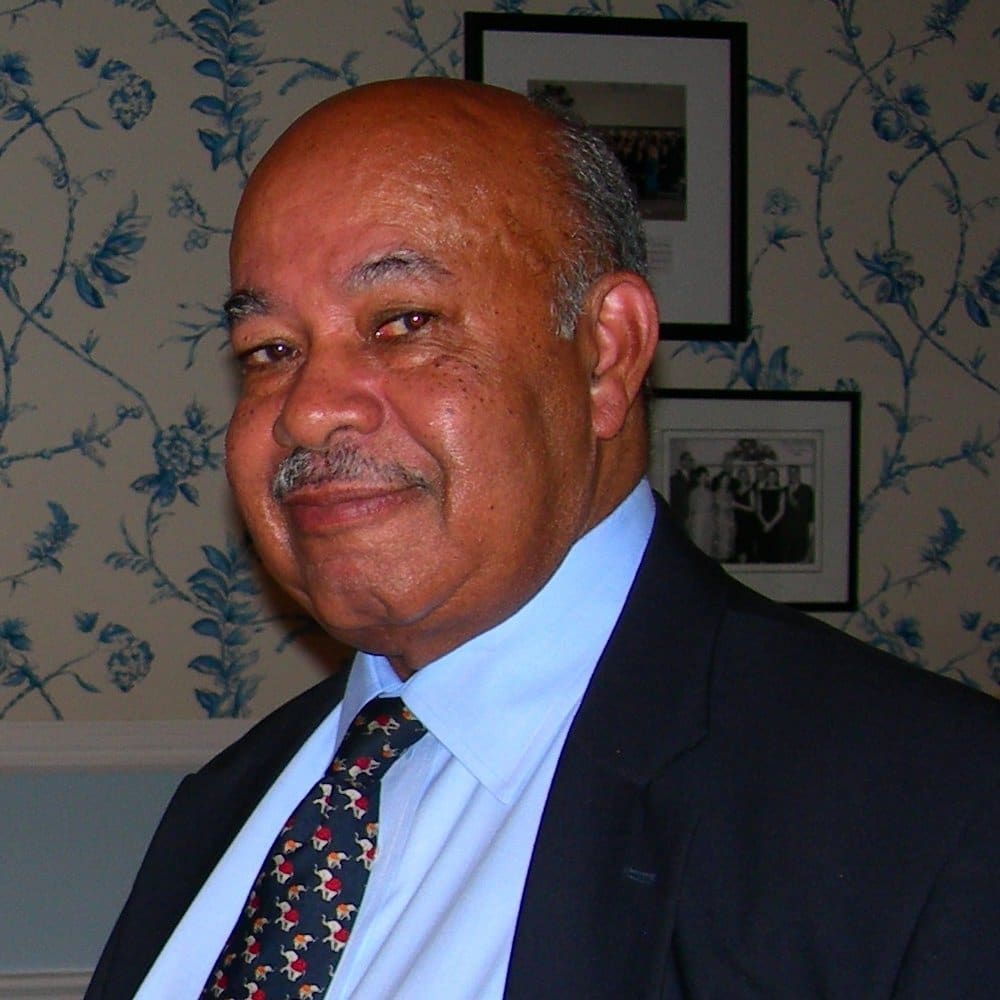One Year Out, Thank Ward Connerly for Ending Racist Affirmative Action Laws
Marking the anniversary of the Supreme Court’s critical ruling ending race-based affirmative action
When President John F. Kennedy first invoked the phrase “affirmative action” as part of a March 1961 executive order, his stated intention was for government contractors to “ensure that applicants are employed, and that employees are treated during their employment, without regard to their race, creed, color, or national origin.”
Getting past the legalese, what Kennedy wanted was for federal employers to take “affirmative action” to ensure that job applicants were given the equality of opportunity in line with long standing American principles. The message was clear: Don’t sit back passively and allow discriminatory practices to fester. But instead take affirmative action to preserve a level playing field where merit, not race, is the deciding factor.
But at some point, beginning with President Johnson’s administration, the concept of affirmative action suddenly became synonymous with overt racial quotas and preferential policies that turned Kennedy’s executive order upside down.
In essence, affirmative action morphed into government sanction discrimination. But that practice finally came to a hard stop almost exactly one year ago on June 29, 2023, when the U.S. Supreme Court ruled to overturn race as a consideration in college admissions. In the 6–3 decision, the justices ruled that admissions policies at Harvard University and the University of North Carolina explicitly discriminated on the basis of race in violation of the Equal Protection Clause of the 14th Amendment. The Roberts court effectively overruled precedents dating back to the 1970s that enabled race conscious admissions policies that conflict with the constitutional promise of equality under the law.
In his concurring opinion, Justice Clarence Thomas highlighted what he termed a “Second Founding” of the U.S. on the wake of the Civil War the reaffirmed and strengthened the colorblind principles of the U.S. Constitution.
“The solution to our Nation’s racial problems thus cannot come from policies grounded in affirmative action or some other conception of equity,” Thomas wrote. “Racialism simply cannot be undone by different or more racialism. Instead, the solution announced in the second founding is incorporated in our Constitution: that we are all equal, and should be treated equally before the law without regard to our race. Only that promise can allow us to look past our differing skin colors and identities and see each other for what we truly are: individuals with unique thoughts, perspectives, and goals, but with equal dignity and equal rights under the law.”
(RELATED: The Out-of-Control Cost of College Created the Student Loan Crisis)
The Long War to End Race-Based Admissions
While the majority of justices should be credited for resisting what could be characterized as elite opinion in Washington, D.C. out to preserve race-based policies at all costs, there’s an argument to be made that more than anyone else it is Ward Connerly, a former University of California regent who ultimately deserves credit for restoring the ideals of the American founding period to their proper station.
 Ward Connerly
Ward ConnerlyConnerly—who now heads up the American Civil Rights Institute, a Sacramento-based nonprofit—spearheaded Proposition 209 in 1996, which amended the California Constitution to stop the state discriminating against anyone on the basis of race, sex, color, ethnicity, or national origin, within the realm of public employment, public education, and public contracting. President Kennedy would be proud as would the authors of the 14th Amendment.
An effort was made to repeal Proposition 209 in 2020, but that effort was rejected by California voters. Meanwhile, civil rights initiatives modeled after Proposition 209 have been approved by voters in Washington state, Arizona, Nebraska, and Michigan. That’s encouraging. But recalcitrant rustle hustlers in public colleges operating under the guise of Diversity Equity and Inclusion (DEI) at taxpayer expense will almost certainly search ways to circumvent the court ruling. DEI initiatives have also made their way into private corporations that impose discriminatory policies on their employees that very much conflict with the concept of “equal protection” under the law.
Fortunately, there is a nimble, agile group known as Color Us United that is applying pressure from the other direction. The group has launched several initiatives aimed at exposing race-based policies at collages and corporations. Color Us United has challenged DEI policies at the Salvation Army, American Express, the University of North Carolina’s medical school, and Cornell University. Almost a year to the day after the Supreme Court struck down race-based “affirmative action,” it encouraging to see genuine civil rights activists working to uphold constitutional principles go on offense.
The lesson here might be that Supreme Court victories are not self-executing but are instead a call for more activism.
(ELECTION MEDDLING: Activists Lobbied Biden Education Dept. to Mass Auto-Register College Democrats)



